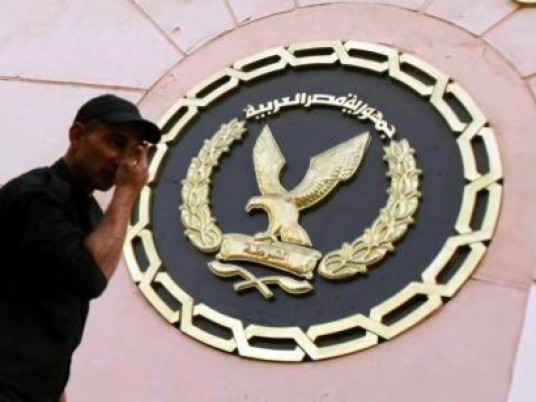
A little-known group naming itself "Movement of the Poor" called in recent months for Egyptians to protest on November 11 against rising prices and deepening austerity.
The call gained traction on social media after Egypt floated its pound and raised fuel prices last week, a move hailed by bankers but bemoaned by ordinary people as the latest blow to their dwindling spending power.
But the "Movement of the Poor" said on its Facebook page on Wednesday it canceled the protests due to a police crackdown.
Having won little support from activist groups, it was unclear if protests would go ahead on Friday. But in a country where street politics helped unseat two presidents within two years, authorities are taking no chances. Dozens of people were detained in recent weeks for allegedly inciting unrest.
The Interior Ministry said on Thursday it confiscated a cache of arms and ammunitions hidden in a graveyard and house in Fayoum province, southwest of Cairo.
It also said it raided five bomb factories around the country on Wednesday, accusing a militant group of coordinating with the Brotherhood to attack police checkpoints on the eve of the protests.
"The armed wing of the Muslim Brotherhood intended to use the weapons in terrorist attacks, as they [are known] take advantage of economic conditions to incite protests," it said in a statement.
The Brotherhood, Egypt's oldest political movement, says it is peaceful and denies having an armed wing.
Gone is the 2011 heyday of street politics, when Egyptians camped in Tahrir Square to end Hosni Mubarak's 30-year rule. When Egyptians took to the streets again in 2013 to end a year of divisive Brotherhood rule, they looked to general-turned-president Abdel Fattah al-Sisi to restore stability.
But Sisi quickly crushed dissent and applied a protest law so strictly that few dare to come out, despite rising discontent.
Sisi deems the Brotherhood a terrorist organization.
He has urged Egyptians in recent weeks not to protest and warned there would be no going back on economic reforms.
Stung by street revolts that have made life worse rather than better, many said they would stay home on Friday. "Poor people who do not want to ruin the country will not protest. They want to build the country, not destroy it," said Fatma Yasser, a pensioner.




